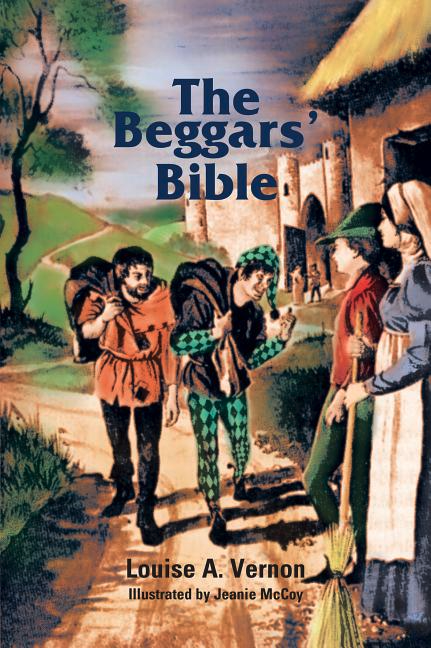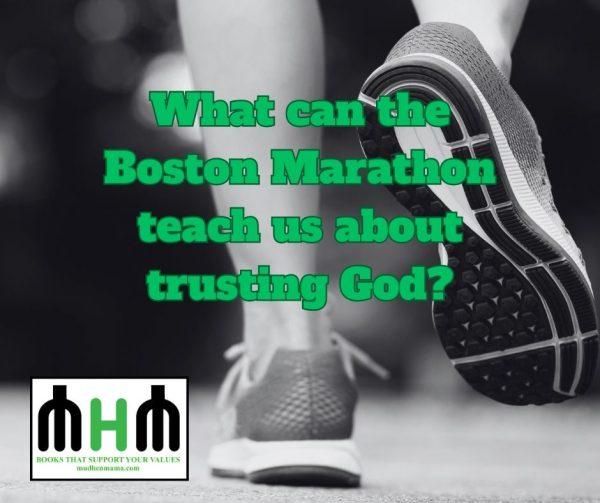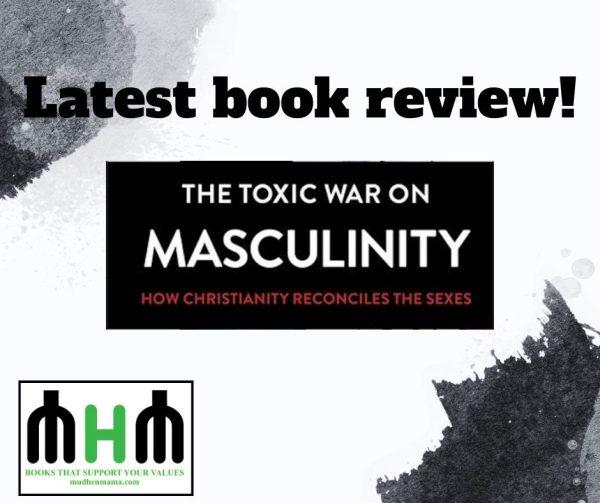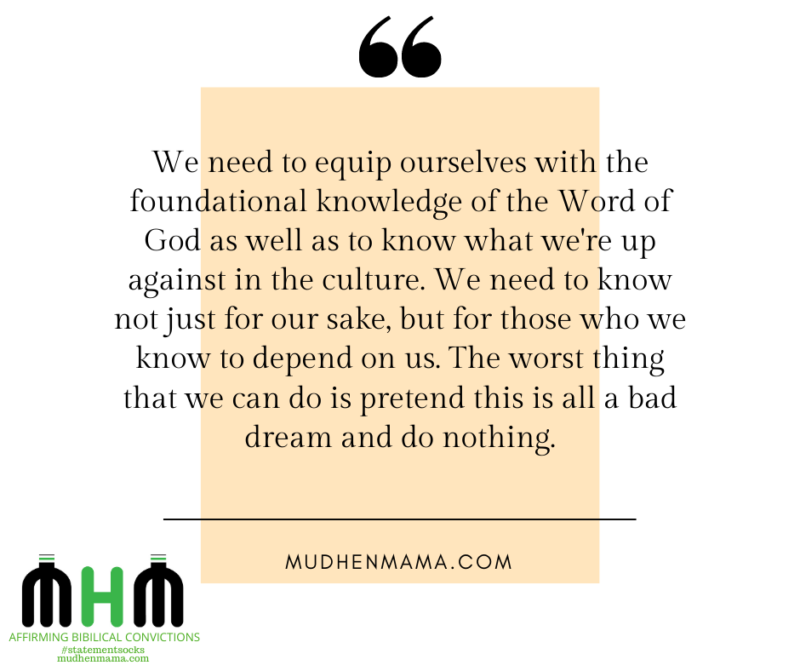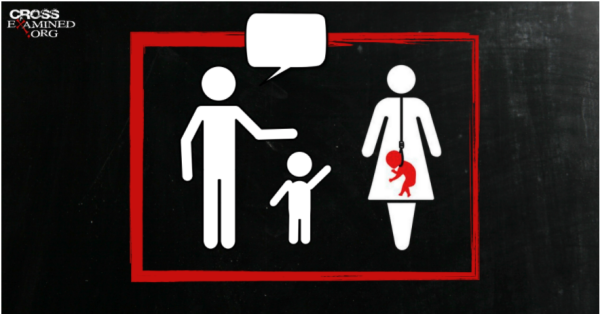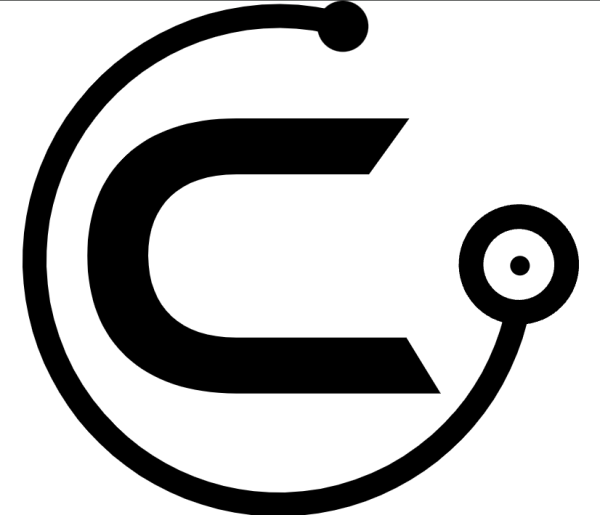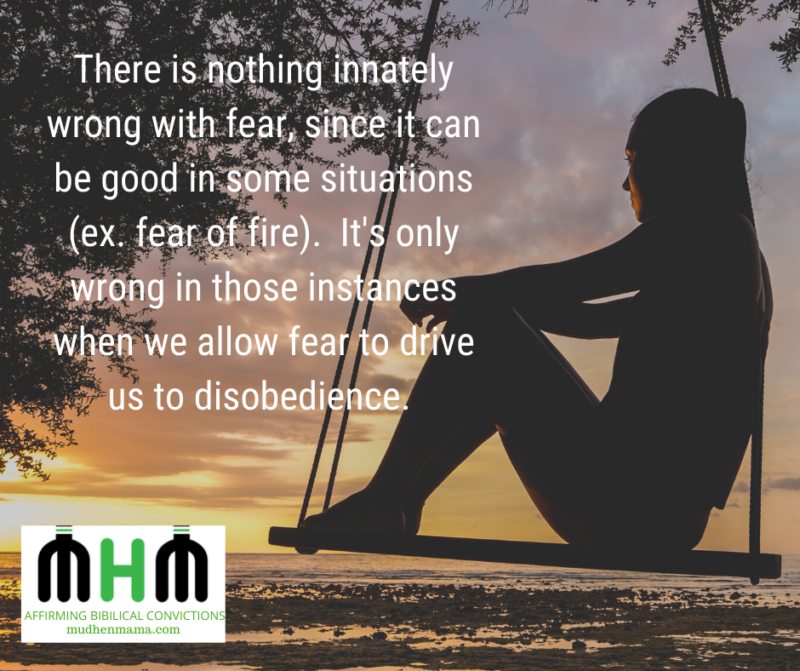
Anyone else have a fearful child? They’re scared to say much in class because they’re afraid of what others may think. Or they don’t want to try riding their bike without the training wheels because they may scrape up their knees. Unfortunately I was that child, and I seem to have passed on the fearful gene to a child or two of my own. Oh LORD, He has a serious sense of humor.
It’s the most frustrating thing ever to attempt to explain to a whiney, nervous child just to go ahead and do the thing they’re scared of. Because in all honesty, it’s really not that big of a deal. Even if the worst happens and they fail miserably! Again, it’s still not a big deal, since we can minimally learn a lesson from it! But the problem is that this perspective just escapes these little blessings of ours. It’s difficult to explain the fact that what’s worse than the hurt they can potentially get by doing the thing they’re scared of and it not turning out exactly as they’d like, is not doing anything at all. They will potentially miss out on the blessing as well as being left wondering, “What if?”
Of course, this situation has to have some serious boundaries. The “What if?” scenarios are boundless, and many of them can lead us down dark paths we should never contemplate going down. And I’m sure you’re asking yourself, “How exactly do you set those boundaries?” Excellent question.
Boundaries
Boundaries are good things that keep us from hurting not only ourselves but others. Sometimes those boundaries make sense, like “don’t lie” (we need to tell the truth) and other times those boundaries don’t make any sense at all, like “don’t lie” (i.e. if we tell the truth, we’re in big trouble!). Depending on the situation, we can rationalize just about anything. When we allow how we feel to dictate what our actions should be, we are bound to rationalize our reactions to reflect what we feel is right rather than what we know to be right. Thus why boundaries, found in Scripture, need to be respected and obeyed, regardless of the situation. Regardless of how we may feel.
What’s holding us back now?
But once boundaries are considered, we must think about what may be holding us back from doing what we know to be good or right (according to God’s will). As we all know, not all situations have an obvious right or wrong response. For example, before David slew the giant (1 Samuel 17), were the Israelite soldiers doing anything wrong? Not really, sort of? Remember, these were men who were hardened by fighting and war. These same men were terrified of fighting against this enemy of Israel. To be fair, the man was admittedly a giant, so it’s very understandable.
However, they were waiting for someone else to step up and fight Goliath, since they were all too fearful to fight him themselves. There is nothing innately wrong with fear, since it can be good in some situations (ex. fear of fire). It’s only wrong in those instances when we allow fear to drive us to disobedience.
So what in the world was different about David? Was he nuts or was everyone else? What made him so special?
The kid with the killer arm, sling shot, and incredible God
After contemplating this for a little, it became clearer to me. What made him so special wasn’t anything he brought to the table. The guy could handle a sling shot well, but I’m certain no better than many others. What made him special was his knowledge and reverence for the God he served. That’s about it. With that knowledge, David was able to not only trash talk the hulking man, but he then actually ran towards him. His one thought? How dare he speak against the living God? That’s pretty amazing. Not by David’s strength, but by God’s. David was willing to take the focus off of himself and the circumstances, focus on God, and then do what He was calling him to do. David was just the tool, and he completely submitted himself to the role the LORD gave him. A tool, useless on its own, but invaluable in the hands of Someone Who knows what He’s doing. And David was blessed for his obedience, while the others sat and watched.
I have no idea if David was fearful, but in all probability, he was. He was clearly a flesh and blood man, who was imperfect. But although he was probably scared, he went forward with all confidence because instead of allowing himself to be fearful, he chose to be God-full. He obeyed despite any fear or apprehension.
Our focus
Teaching our children to ride a bike or speak up in class even when they’re scared may not seem as if it is of great consequence (obviously, with wisdom!). However, the premise of getting the focus off of themselves and on God’s will is pivotal. It’s an important habit to instill in our children and ourselves. Besides the fact that it helps to establish the foundational character trait of being humble and glorifying God in the process.
And when we succeed, praise the LORD! And when things don’t turn out as planned, praise the LORD! Ultimately, we can trust that He works all things together for the good of those who love Him and who are called according to His purpose (Rom 8:28). Whether or not we understand, His will is good regardless.
So the opposite of fearful is not fear-less. It is God-full. If we drive out fear without God, that vacuum will be filled by something, and often times it ends up being some form of pride. But when we choose to look to Him, and be God-full rather than fear-full, the LORD can use us to do incredible things.


